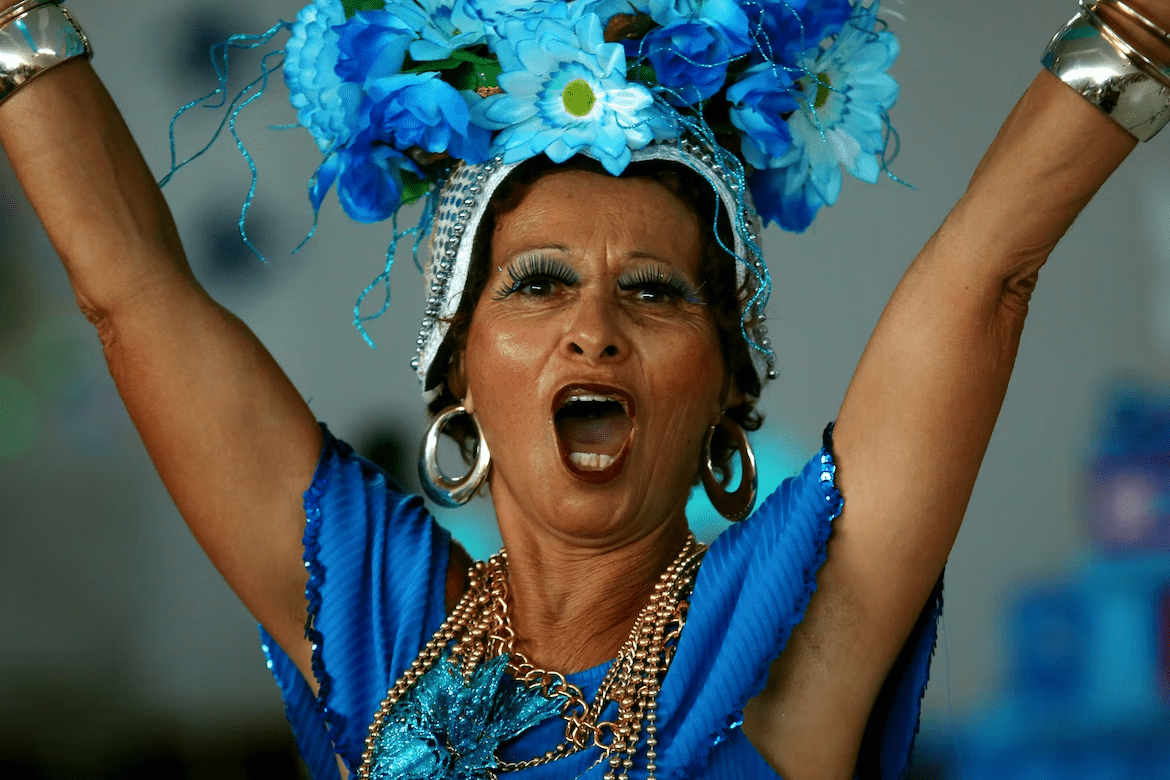The Brazil language is a rich and vibrant variety of Portuguese spoken in Brazil. It has a long history and complex grammar, and it plays an important role in Brazil’s culture and literature. In this article, we will explore the history and origins of the Brazil language, as well as its grammar and vocabulary. We will also provide resources and tips for learning and practicing the Brazil language, and we will discuss its cultural significance in Brazil.
Whether you are a language learner, a student, a traveler, or a professional, this article will provide valuable information and resources for you to discover the beauty and diversity of the Brazil language.

Exploring the History and Origins of the Brazil Language
The Brazil language has a long and fascinating history that is intertwined with the history of Brazil itself. Some key aspects of this history include:
- The origins of the Brazil language can be traced back to the 16th century when Portuguese explorers and settlers first arrived in Brazil.
- The Brazil language is a variety of Portuguese, but it also has its own unique features and differences that reflect the different cultural and historical influences that have shaped the language over time.
- The Brazil language has undergone significant changes and developments over the centuries, as it has adapted to the changing social and cultural conditions in Brazil.
Grammar and Vocabulary of the Brazil Language
The Brazil language has a complex and rich grammar and vocabulary that can be challenging for learners and speakers of other languages. Some key aspects of the grammar and vocabulary of the Brazil language include:
- The Brazil language has a large and diverse vocabulary that includes many loanwords and borrowings from other languages, such as African, Amerindian, and European languages.
- The Brazil language has a complex grammar that includes a number of verb tenses and moods, as well as gender and number distinctions in nouns and adjectives.
- The Brazil language also has a number of regional variations and dialects, which can affect the pronunciation and vocabulary of the language.

Verbs
Verbs: The Brazil language has a number of verb tenses and moods, such as the present tense (eu falo, “I speak”), the future tense (eu falarei, “I will speak”), and the subjunctive mood (eu fale, “I may speak”).
Nouns
The Brazil language has gender and number distinctions in nouns, such as the masculine singular (o menino, “the boy”) and the feminine plural (as meninas, “the girls”).
Adjectives
Adjectives: The Brazil language also has gender and number distinctions in adjectives, such as the masculine singular (o bonito menino, “the handsome boy”) and the feminine plural (as bonitas meninas, “the beautiful girls”).
Resources for Learning and Practicing the Brazil Language
Are you ready to learn the Brazil language, but you don’t know where to start? Don’t worry, there are plenty of resources and tools available to help you master this rich and fascinating language. Some key resources for learning and practicing the Brazil language include:
- Language learning programs and courses: There are many language learning programs and courses available online and in person, which can provide structured lessons and activities for learning the Brazil language. Some popular language learning programs and courses include Duolingo, Rosetta Stone, and Babbel.
- Books and texts: There are also many books and texts available that can provide valuable information and resources for learning the Brazil language. Some popular books and texts for learning the Brazil language include Brazilian Portuguese for Dummies, Essential Brazilian Portuguese Grammar, and Brazilian Portuguese: A Complete Course.
- Websites and blogs: There are also many websites and blogs available that provide useful information and resources for learning and practicing the Brazil language. Some popular websites and blogs for learning the Brazil language include The Brazilian Report, Brazil Talk, and BrazilPod.

Cultural Significance of the Brazil Language in Brazil
The Brazil language is an important part of the culture and identity of Brazil, and it has a rich and fascinating history and significance in Brazil. Some key aspects of the cultural significance of the Brazil language in Brazil include:
- The Brazil language is the official language of Brazil and is spoken by more than 200 million people in the country.
- The Brazil language has been influenced by different languages, such as African, Amerindian, and European, and has borrowed many words and phrases from these languages.
- The Brazil language is used in many contexts, such as literature, music, art, and media, and is celebrated on the national holiday of Dia do Brazil.
- The Brazil language is an important part of the cultural heritage and national identity of Brazil, and is a source of pride and unity for many Brazilians.
Regional Variations and Uses of the Brazil Language in Brazil

Rio de Janeiro
Rio de Janeiro has a distinct accent and vocabulary, with a strong emphasis on pronunciation and rhythm.
- “Casa” (house) is pronounced as “cah-sah” in this dialect, with a strong emphasis on the “s” sound.
- “Mesa” (table) is pronounced as “meh-sah” in this dialect, with a strong emphasis on the “s” sound.
Bahia
Bahia has a different accent and vocabulary, with a strong emphasis on melody and intonation.
- “Samba” (dance) is pronounced as “sahm-bah” in this dialect, with a strong emphasis on the “m” sound.
- “Piranha” (fish) is pronounced as “pee-rahn-yah” in this dialect, with a strong emphasis on the “r” sound.

Amazon
Amazon region is influenced by the indigenous languages of the area, with a rich and diverse vocabulary and grammar.
- “Papaia” (papaya) is pronounced as “pah-pah-ee-ah” in this dialect, with a strong emphasis on the “p” sound.
- “Macaco” (monkey) is pronounced as “mah-kah-koo” in this dialect, with a strong emphasis on the “k” sound.
Southeast Region
Southeast region is influenced by the European languages of the area, with a more formal and conservative grammar and vocabulary.
- “Chave” (key) is pronounced as “shah-veh” in this dialect, with a strong emphasis on the “sh” sound.
- “Ave” (bird) is pronounced as “ah-veh” in this dialect, with a strong emphasis on the “v” sound.
North
North region is more isolated and traditional, with a slower pace and a more relaxed pronunciation.
- “Carro” (car) is pronounced as “kah-hoo” in this dialect, with a strong emphasis on the “h” sound.
- “Coroa” (crown) is pronounced as “koo-hoo-ah” in this dialect, with a strong emphasis on the “h” sound.

Unlock the Secrets of the Brazil Language
So, you’ve learned about the history and origins of the Brazil language, the grammar, and vocabulary, the resources for learning and practicing, the cultural significance and uses, and the regional variations of the Brazil language in Brazil. Now you are ready to discover the beauty and diversity of the Portuguese language and explore the fascinating culture of Brazil.
Learning the Brazil language can provide valuable skills and experiences that can enhance your life and career. Join our tutor platform to find the perfect online tutor and start learning the Brazil language today. Don’t wait, start learning and unleash your potential! With this and more, only at AmazingTalker.
















